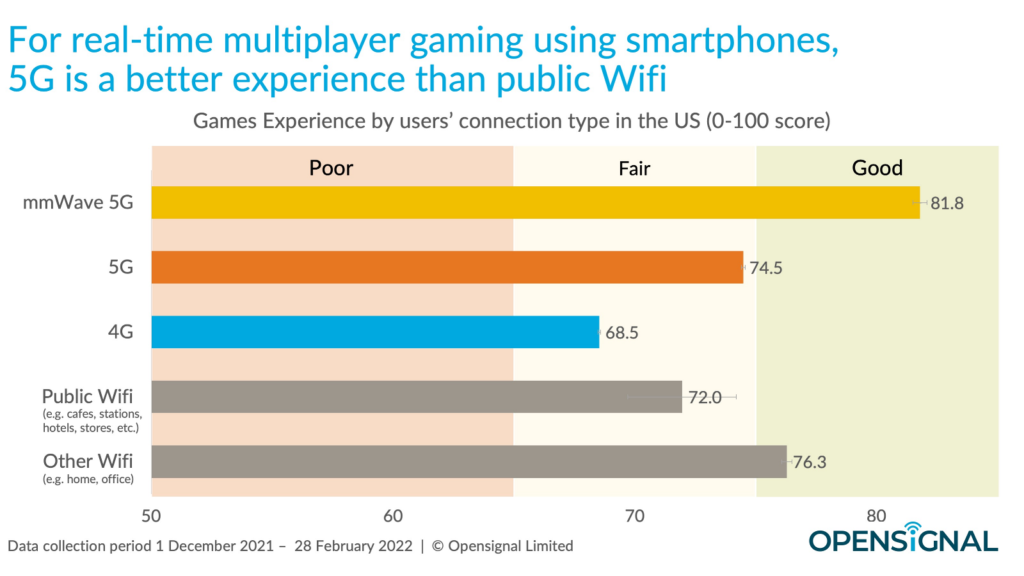Photonics has emerged as a promising platform for the implementation of quantum technologies due to its scalability and robustness.
A team of researchers from Taiwan, led by Professor Chuu Chih-sung of National Tsing Hua University, has achieved a significant milestone by developing the world’s smallest quantum computer powered by a single photon. This breakthrough focuses on miniaturization and tackles key challenges in quantum computing, such as energy efficiency and temperature stability.
The researchers utilized advanced photonics techniques to encode information into 32 time bins of a single photon, enabling the device to function at room temperature. This is a departure from conventional quantum computers that rely on supercooled environments.
Photonics plays a crucial role in this novel quantum computer, as photons can maintain stable quantum states at room temperature (20°C to 25°C) without the need for sub-zero conditions. This stability makes photon-based systems more practical for real-world applications.
The research team is optimistic that this advantage will boost the competitiveness of quantum computing technologies in future commercialization endeavors.



